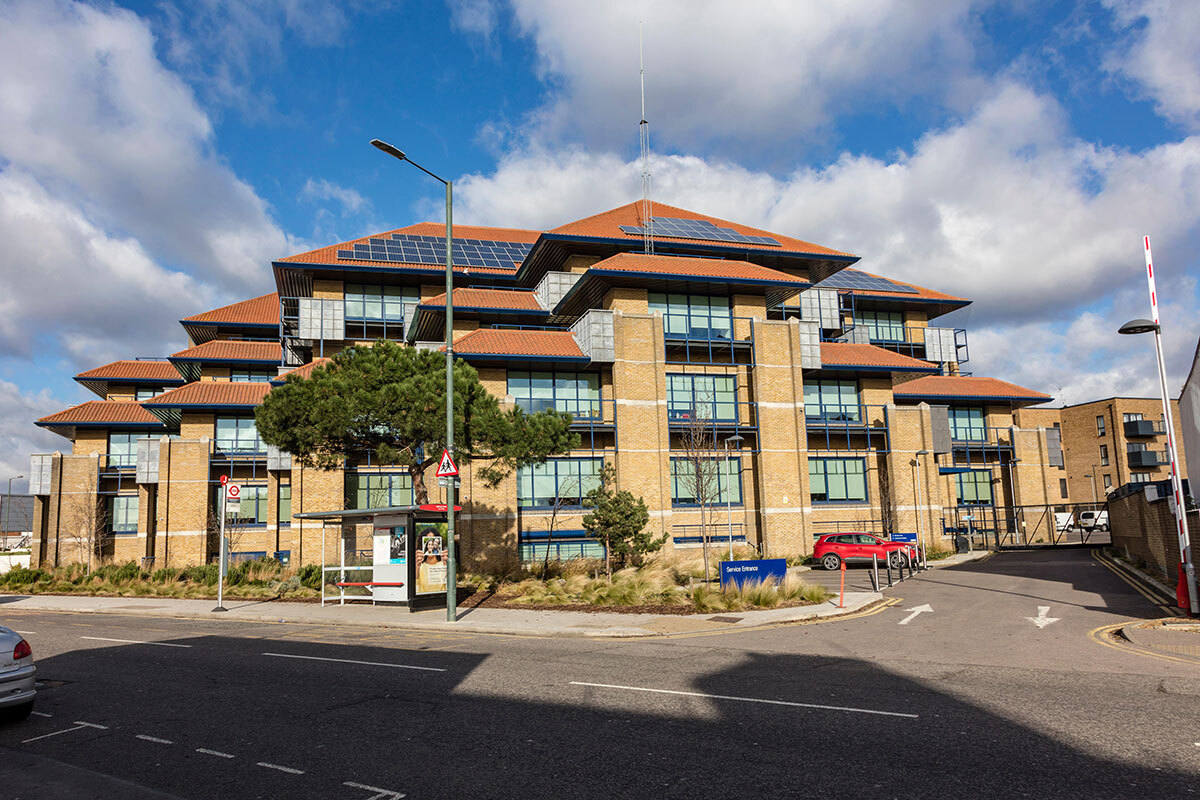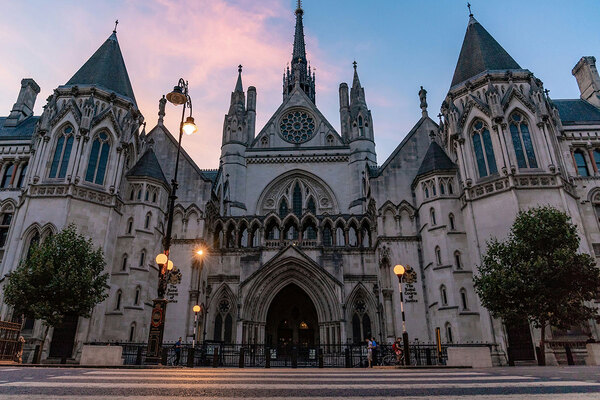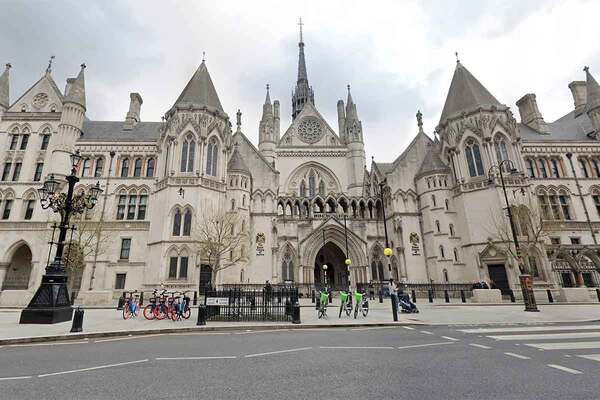You are viewing 1 of your 1 free articles
High Court grants judicial review over council’s potential breach of duty to vulnerable homeless family
A mother of two has been granted a judicial review into whether a London council breached its duty to provide her with suitable accommodation and conduct a needs assessment for her children.
The judge granted the review of Bexley Council’s actions after the 37-year-old claimed it had failed to secure suitable accommodation for her and her family, despite the fact that she was eligible, homeless and in priority need.
She also alleges that the council failed to carry out a legally required needs assessment of her children, aged 14 and 16, who are vulnerable.
According to a judgment, handed down this month, the claimant had fallen into rent arrears while living in housing provided by the council and was evicted in February 2023.
She then applied to the council for assistance as a homeless person, which the council agreed to.
Her family, including her daughters and partner, were offered interim temporary accommodation in a B&B in Erith.
However, she said it was “completely unsuitable for the family’s needs”, as both of her daughters suffer from mental health problems that were at risk of being made worse by the accommodation.
The accommodation consisted of two interconnected rooms joined by an open arch, with shared washing facilities.
The claimant’s eldest daughter had suffered sexual abuse, while her youngest daughter had sensory processing disorder and severe social anxiety.
The accommodation also did not allow dogs, which would prevent the family from bringing the children’s support dog.
In July, the council sent the claimant a letter arguing that she had made herself “intentionally homeless” by failing to pay rent at the property from which she had been evicted.
She responded by writing to identify “ongoing breaches of both section 190 of the 1996 Act, and section 17 of the 1989 Act”.
Section 190 of the Housing Act 1996 states that where a local authority decides an individual has become homeless intentionally, it must find suitable accommodation if the person is in priority need and give them a “reasonable opportunity” of finding their own accommodation.
Judge O’Connor, presiding over the case, referred to the government’s homelessness code of guidance for local authorities, which states that “living in B&B accommodation can be particularly detrimental to the health and development of children”.
The judge concluded that “no reasonable local housing authority could have found that room G5 of the Erith B&B was suitable to accommodate the claimant and her family, even for the limited 14-day duration proposed”.
“Of particular significance, to my mind, are the health issues of the claimant’s children,” the judge said, citing correspondence from Bexley Child and Adolescent Mental Health Services (Camhs).
“The Camhs specialist nurse wrote in February 2023 regarding the youngest child, following the first offer of accommodation at the Erith B&B, emphasising the child’s need for accommodation that was not shared by those outside the family unit, observing the child’s heightened anxiety,” the judgment said.
On the second ground, Judge O’Connor found that both children “were clearly, at the relevant time, ‘children in need’ within the meaning ascribed to that term by the 1989 [Children] Act”.
A children and family’s assessment undertaken by the council in August 2023 was “replete with references to ‘well-being concerns’ for the children, and clearly identifies the children’s mental health issues and how those issues manifest”, the judge said.
The assessment also recommended that the family move to temporary accommodation in Manchester for 28 days, which did not “take lawful account of the youngest child’s education needs”, the judge said.
The youngest child was not receiving any formal education, beyond that provided by the claimant, and had a tutor in Bexley for one hour per week.
“The assessment is silent as to how the youngest child’s education needs would be met in Manchester,” the judge said.
Judge O’Connor allowed the application for judicial review on both substantive grounds and recommended that the council receive a mandatory order to secure accommodation for the family within 14 days.
The judge said both parties agreed that the defendant’s assessment of the claimant’s children’s needs “should be quashed”, with a new assessment undertaken.
Sign up for our regulation and legal newsletter
Already have an account? Click here to manage your newsletters












